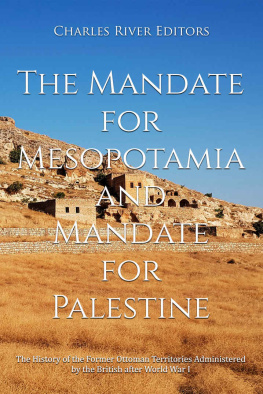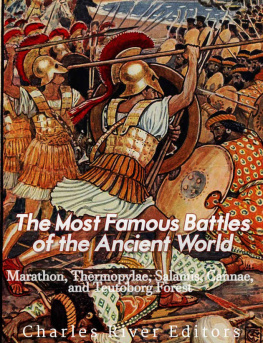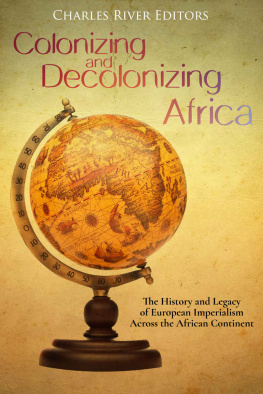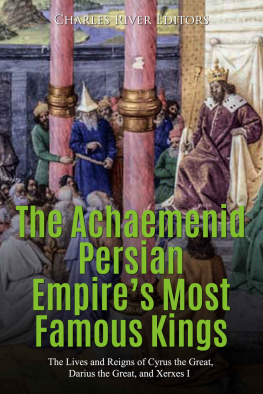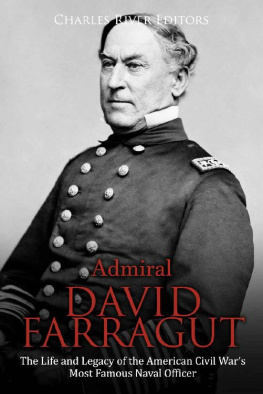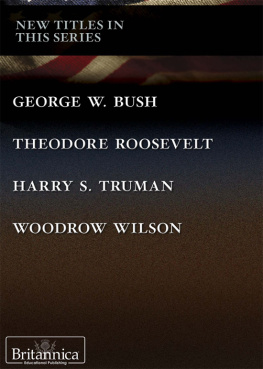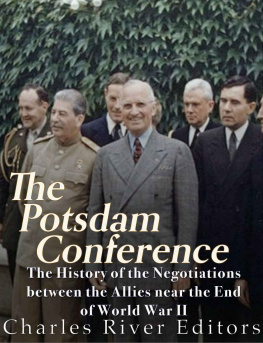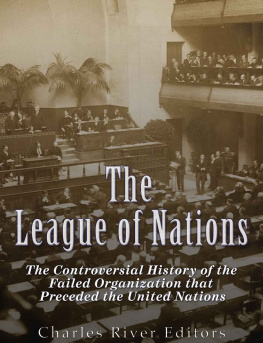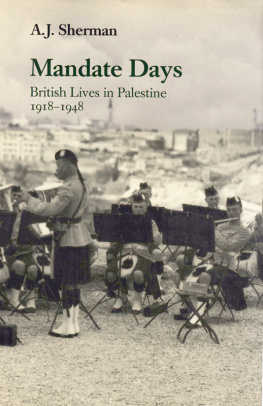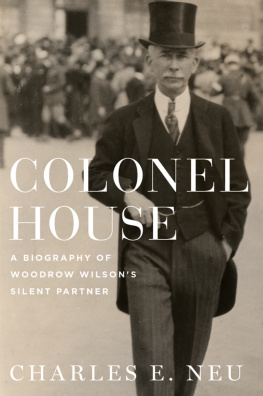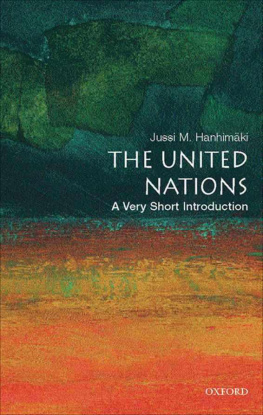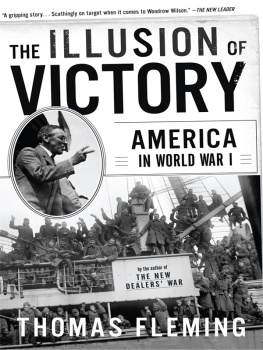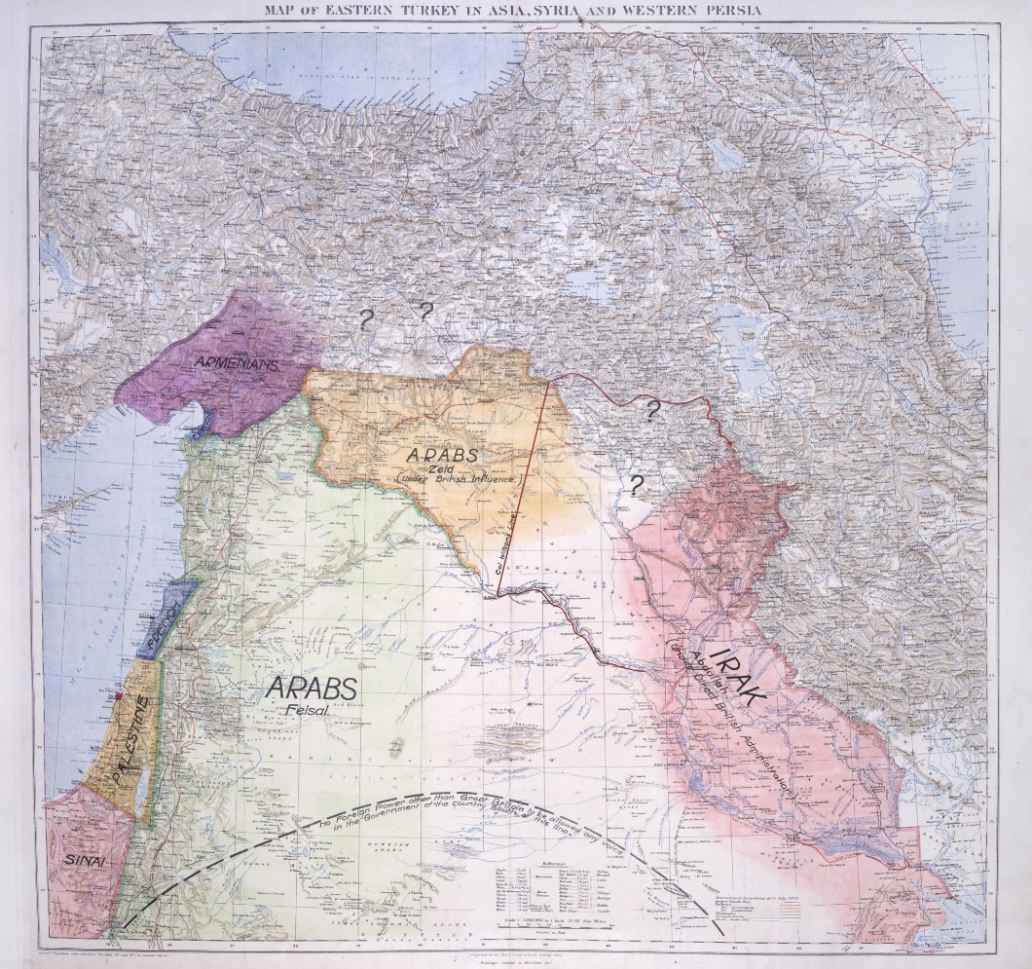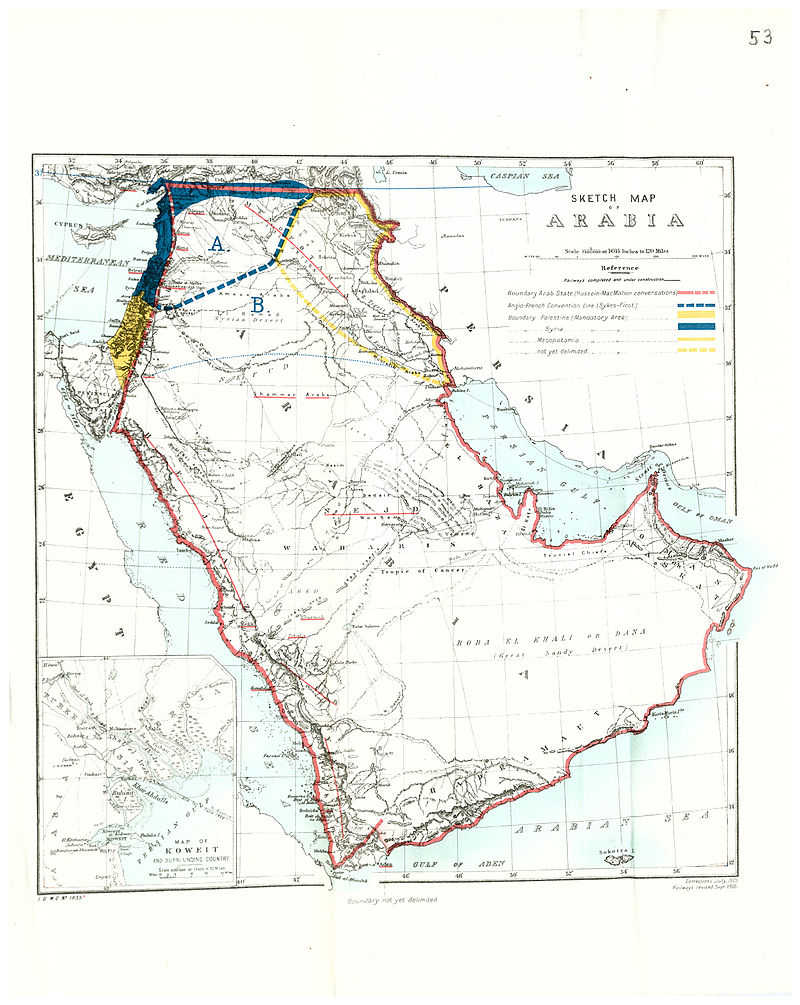Charles River Editors - The Mandate for Mesopotamia and Mandate for Palestine: The History of the Former Ottoman Territories Administered by the British after World War I
Here you can read online Charles River Editors - The Mandate for Mesopotamia and Mandate for Palestine: The History of the Former Ottoman Territories Administered by the British after World War I full text of the book (entire story) in english for free. Download pdf and epub, get meaning, cover and reviews about this ebook. year: 2021, publisher: Charles River Editors, genre: Politics. Description of the work, (preface) as well as reviews are available. Best literature library LitArk.com created for fans of good reading and offers a wide selection of genres:
Romance novel
Science fiction
Adventure
Detective
Science
History
Home and family
Prose
Art
Politics
Computer
Non-fiction
Religion
Business
Children
Humor
Choose a favorite category and find really read worthwhile books. Enjoy immersion in the world of imagination, feel the emotions of the characters or learn something new for yourself, make an fascinating discovery.
- Book:The Mandate for Mesopotamia and Mandate for Palestine: The History of the Former Ottoman Territories Administered by the British after World War I
- Author:
- Publisher:Charles River Editors
- Genre:
- Year:2021
- Rating:4 / 5
- Favourites:Add to favourites
- Your mark:
The Mandate for Mesopotamia and Mandate for Palestine: The History of the Former Ottoman Territories Administered by the British after World War I: summary, description and annotation
We offer to read an annotation, description, summary or preface (depends on what the author of the book "The Mandate for Mesopotamia and Mandate for Palestine: The History of the Former Ottoman Territories Administered by the British after World War I" wrote himself). If you haven't found the necessary information about the book — write in the comments, we will try to find it.
Wilson mostly found himself shut out, but Britain and France did not want American contributions to the war to go totally unappreciated, if only out of fear that the U.S. might turn towards improving their relations with Germany in response. Thus, to appease Wilson and the Americans, France and Britain consented to the creation of a League of Nations.
Too many were skeptical of the Treaty, especially given Europes inability to adopt the remainder of Wilsons Fourteen Points. As a result, ironically, the United States didnt join the League of Nations, which would last only about 25 years. While it would attempt to resolve some territorial disputes, it simply proved too weak to prevent international aggression, primarily among the Axis Powers in the buildup to World War II. Thus, the Leagues greatest legacy ended up being its dismal failure to prevent World War II and ensure that World War I had truly been the war to end all wars, as originally intended.
Although the League of Nations was short-lived and clearly failed in its primary mission, it did essentially spawn the United Nations at the end of World War II, and many of the UNs structures and organizations came straight from its predecessor, with the concepts of an International Court and a General Assembly coming straight from the League. More importantly, the failures of the League ensured that the UN was given stronger authority and enforcement mechanisms, most notably through the latters Security Council, and while the League dissolved after a generation, the UN has survived for over 70 years.
One of the Leagues most lasting legacies was the manner in which it handed over administrative control of land in the Middle East to the victorious Allied Powers, namely France and Britain. The Ottoman Empire quickly collapsed after World War I, and its extensive lands were divvied up between the French and British. While the French gained control of the Levant, which would later become modern day nations like Syria and Lebanon, the British were given mandates for Mesopotamia and Palestine. The British Mandate for Palestine gave the British control over the lands that have since become Jordan, Israel, the West Bank, and the Gaza Strip, while Mesopotamia covered modern Iraq.
Charles River Editors: author's other books
Who wrote The Mandate for Mesopotamia and Mandate for Palestine: The History of the Former Ottoman Territories Administered by the British after World War I? Find out the surname, the name of the author of the book and a list of all author's works by series.

